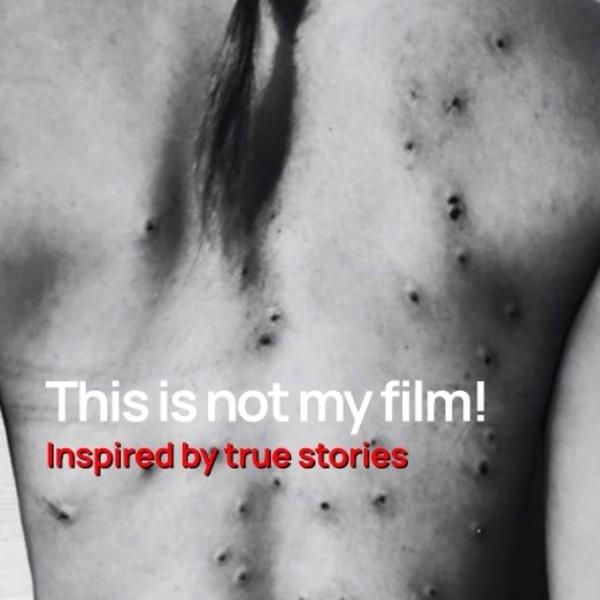
Iran 2022: Protests, tragedy, revolution. Brave girls struggle for freedom. #WomanLifeFreedomFilm
Story
When you don’t expect death and death attacks you mercilessly, you may not realize that you have died. When fatal blows keep hitting your head, it’s as if all your perceptions of reality change at the same time, and you can cross all boundaries of time and space in an instant. This is the style this movie has chosen for its narration.
The girl (there is no exact name for her since it may have been each of the real victims) was killed on the eve of her seventeenth birthday due to beatings during arrest and interrogation, and now the government is trying to make a documentary to show the real reason for the death was suicide. But the girl’s mind, which is present with the body from the beginning of the film, tries to explain the story of her death more precisely and declares that the film being made is not her film. During the narration of the girl, there are many scenes where the girl thinks that maybe her movie should start with those scenes. For example, in the scene of the encounter with the first interrogator, who is an old man with red hair and who himself says that his abilities have decreased now, but in the year sixty-seven, he slept with six virgin girls every night so that they could be executed. The scene of her mental confrontation with Fariba, who was one of the executed in the sixties. The scene of her being expelled from school because she got away with her hijab, or facing her father’s death. During these scenes and many other scenes, the girl actually describes the life of a girl in Iran, which brought her to a place where she went to the street empty-handed and stood in front of a gun. At the same time, by going back and forth in time, it is possible to discuss many events and characters.
The moment when the girl realizes her own death for the first time and sees her body being carried away, but finally sings freely and stares into the eyes of Khamenei, who is staring at her from the photo frame, is perhaps one of the most impressive.
This is not my film. In fact, it is a fluid and effective narrative of all the things that a girl wanted to be, and now they want to make another narrative of her life.
Director:
Pourya Azarbayjani Dow is an Iranian-American award-winning film writer and director who has created several feature films, TV series, and commercials since 2003. He is currently working in the United States to continue his work without censorship. Many international festivals around the world have featured and awarded his works. His main mission is to be a great father and a storyteller who respects humanity.
“I had come back from work and was having a drink with my wife in the kitchen when the green laser lights shone inside as if they wanted to shoot. I angrily opened the window and said that they had no right to do that. They pointed their guns at me. They said that they wanted to identify us because my wife had filmed them shooting at people. This is not part of a movie. This was the reality of the night when my four-year-old son tried to get me, who was nervous, away from the IRGC gun. This is the reality of the night that I resigned from the direction of a new series overnight and, without letting anyone know, my family and I decided to leave Iran to land in a place we can work without censorship to be the voice of the people who are killed every day to defend freedom.”
Why?!
Producing an independent film with humanitarian goals is challenging. Investors usually prioritize entertainment with higher returns, making it difficult to address such issues compared to comedy or horror films. Despite potential obstacles that may halt production, belief in the film’s impact on society can pave the way for new approaches. Personally funding the project, along with support from like-minded individuals, is the path I have chosen. While it may seem daunting to produce a movie on a budget under $150,000, believing in the message and storytelling can help find a way. Seeking your assistance will not mark the end of production, but it will greatly facilitate the process. Together, we can tell a story in support of those paying a heavy price for freedom—a story I cannot tell alone.

